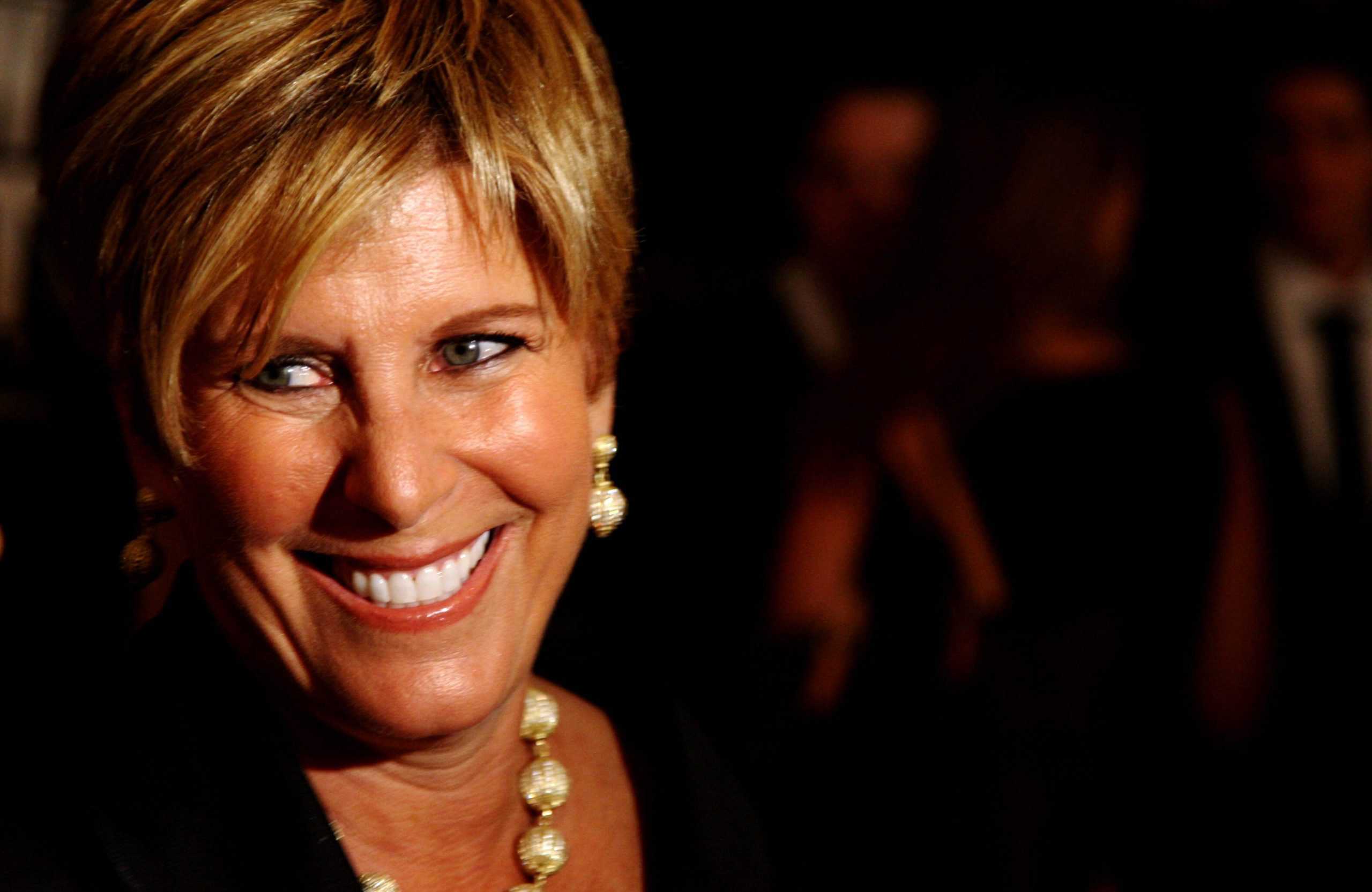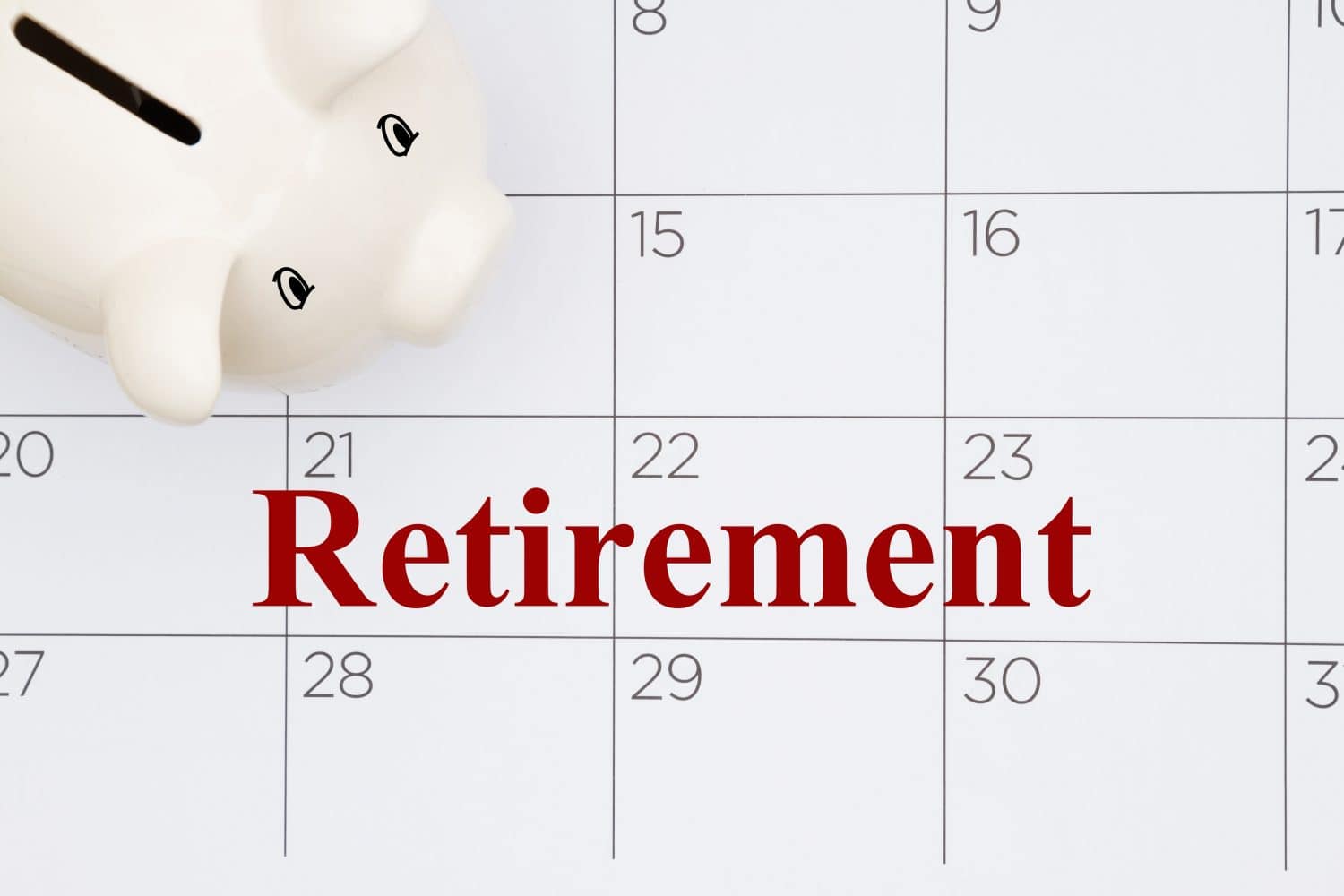Personal Finance
Suze Orman: This is One of the Biggest Risks to Your Retirement Savings

Published:

Your retirement is at risk because of longevity.
That’s according to finance coach Suze Orman who says, “Plan for your money to last until at least age 95, or even 100 if you have a family history of longevity.”
The other key issue for millions is the lack of preparedness for retirement.

According to a 2024 study from Northwestern Mutual, Americans believe they need about $1.46 million to retire well. Unfortunately, the average American has about $88,000 in savings at the moment, which is nowhere near enough to comfortably retire.
Suze Orman also says you should have 10x your current income saved by the time you reach the age of 67. You should have 3x your income saved by 40, and 6x by the age of 50. Unfortunately, the longer you wait to get serious about saving and retirement, you begin to lose out on the power of compound interest, too.
According to an AARP survey, about 20% of adults over the age of 50 have no retirement savings to speak of. About half say they’re worried they won’t have enough money to support their retirement years. And about 26% of people say they just don’t expect to retire at all.
Start by speaking with your financial advisor before doing anything – especially if you’re not 100% comfortable with what you’re doing financially.
The last thing you want to do is screw up your money or your retirement.
One thing your advisor may recommend is maximizing your 401(k) contributions. In case you don’t have one, or you work for yourself, talk to your company’s financial administrator or your advisor. If you do work for yourself, you can always set up a Solo 401(k).
If you have an employer that will match your 401(k), maximize your contributions up to the amount your employer will match. If your employer will match up to 6% of your salary, maximize that. So, if you earn $75,000 a year, and you contribute 1%, that’s $750 for retirement. If your employer matches that, you have $1,500 for retirement per year. If you contribute 6% and your employer matches that, that’s about $6,750 in retirement per year.
You can also invest in a traditional IRA, for example. While it’s best to check with your financial advisor, many times you can deduct contributions on your tax return.
There’s also the Roth IRA, where you make contributions with money you’ve already paid taxes on. With a Roth IRA, your money can grow tax-free with tax-free withdrawals. But again, check in with your financial advisor before doing anything.
And, if you are self-employed, you can set up a Solo 401(k), a variation of the 401(k) plan but set up for those who work for themselves. For 2024, the IRS says you can contribute up to $69,000 with an additional catch-up contribution of $7,500 if you’re 50 or older.
Again, you should check with your financial advisor to plan accordingly.
Retirement can be daunting, but it doesn’t need to be.
Imagine having an expert in your corner to help you with your financial goals. Someone to help you determine if you’re ahead, behind, or right on track. With SmartAsset, that’s not just a dream—it’s reality. This free tool connects you with pre-screened financial advisors who work in your best interests. It’s quick, it’s easy, so take the leap today and start planning smarter!
Don’t waste another minute; get started right here and help your retirement dreams become a retirement reality.
Thank you for reading! Have some feedback for us?
Contact the 24/7 Wall St. editorial team.